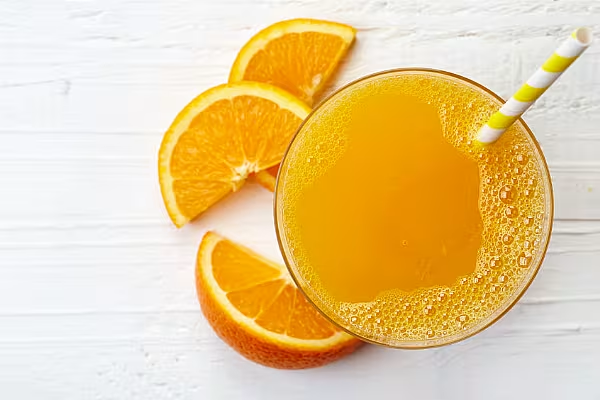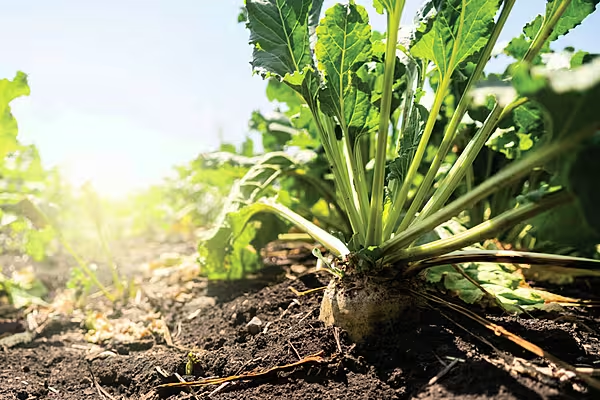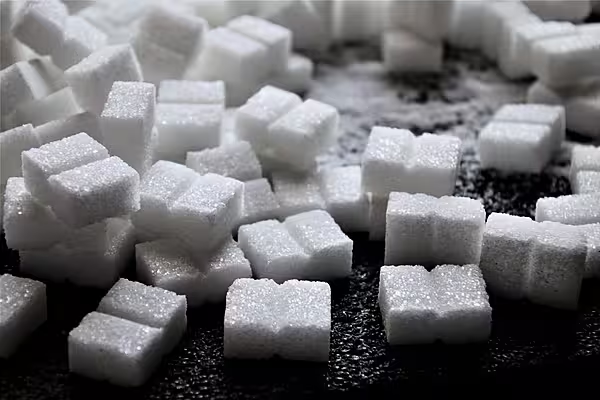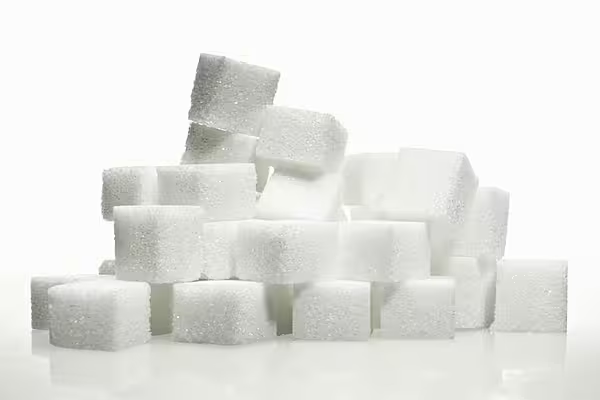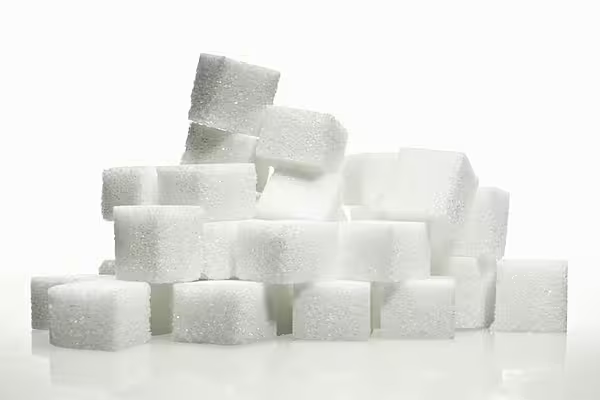Serbia has imposed new rules on domestic fruit juice producers, effectively banning the use of added sugar from products.
A new regulation on fruit juices and related products imposes stricter rules for the industry, reports daily Politika. However, producers have been given a long deadline for adjustment as the regulations will only apply from 1 July 2020.
Serbia has transposed EU Directive 2012/12 which was adopted due to concern over citizens' health and attempts to reduce sugar intake. As a result, added sugar will no longer be allowed in fruit juices, fruit juices from concentrated fruit and fruit juices in powder form.
In addition, producers will no longer be allowed to publish declarations such as "no added sugar" on the packaging.
If sugars are naturally present in the fruit nectar, producers will have to include the statement 'contains naturally-occurring sugars' on the declaration.
Quality Requirements
Also, new harmonised rules determine the minimum quality requirements for fruit juices. For example, which fruit can be used as a raw material and the minimum share; the ingredients that have been added; method of production, method for testing the quality of products; and the requirements for product labeling.
Also, the declarations on products should be clearer, more precise and contain more data.
According to the new regulation, if the juice is produced only from one type of fruit, the word 'fruit' will be replaced by the name of that kind of fruit. In the product labelling.
Products declared before the date of application of the regulation that do not meet the prescribed requirements may be in circulation no later than 31 December 2021.
© 2019 European Supermarket Magazine – your source for the latest retail news. Article by Branislav Pekic. Click subscribe to sign up to ESM: The European Supermarket Magazine.
